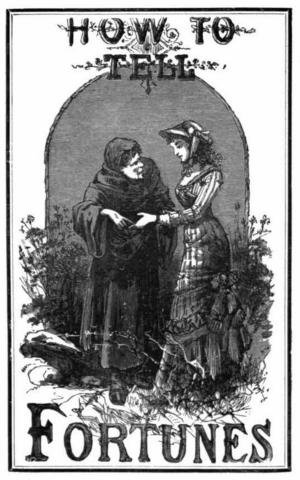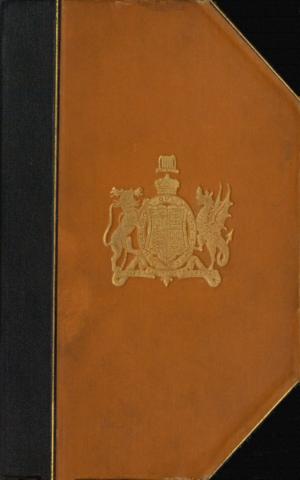| Author: | William Makepeace Thackeray | ISBN: | 9783736406223 |
| Publisher: | anboco | Publication: | August 27, 2016 |
| Imprint: | Language: | English |
| Author: | William Makepeace Thackeray |
| ISBN: | 9783736406223 |
| Publisher: | anboco |
| Publication: | August 27, 2016 |
| Imprint: | |
| Language: | English |
We know exceedingly little of the genesis and progress of Esmond. "It did not seem to be a part of our lives as Pendennis was," says Lady Ritchie, though she wrote part of it to dictation. She "only heard Esmond spoken of very rarely". Perhaps its state was not the less gracious. The Milton girls found Paradise Lost a very considerable part of their lives—and were not the happier. But its parallels are respectable. The greatest things have a way of coming "all so still" into the world. We wrangle—that is, those of us who are not content simply not to know—about the composition of Homer, the purpose of the Divina Commedia, the probable plan of the Canterbury Tales, the Ur-Hamlet. Nobody put preliminary advertisements in the papers, you see, about these things: there was a discreditable neglect of the first requirements of the public. So it is with Esmond. There is, I thought, a reference to it in the Brookfield letters; but in several searches I cannot find it. To his mother he speaks of the book as "grand and melancholy", and to Lady Stanley as of "cut-throat melancholy". It is said to have been sold for a thousand pounds—the same sum that Master Shallow lent Falstaff on probably inferior security. Those who knew thought well of it—which is not wholly surprising.
We know exceedingly little of the genesis and progress of Esmond. "It did not seem to be a part of our lives as Pendennis was," says Lady Ritchie, though she wrote part of it to dictation. She "only heard Esmond spoken of very rarely". Perhaps its state was not the less gracious. The Milton girls found Paradise Lost a very considerable part of their lives—and were not the happier. But its parallels are respectable. The greatest things have a way of coming "all so still" into the world. We wrangle—that is, those of us who are not content simply not to know—about the composition of Homer, the purpose of the Divina Commedia, the probable plan of the Canterbury Tales, the Ur-Hamlet. Nobody put preliminary advertisements in the papers, you see, about these things: there was a discreditable neglect of the first requirements of the public. So it is with Esmond. There is, I thought, a reference to it in the Brookfield letters; but in several searches I cannot find it. To his mother he speaks of the book as "grand and melancholy", and to Lady Stanley as of "cut-throat melancholy". It is said to have been sold for a thousand pounds—the same sum that Master Shallow lent Falstaff on probably inferior security. Those who knew thought well of it—which is not wholly surprising.















